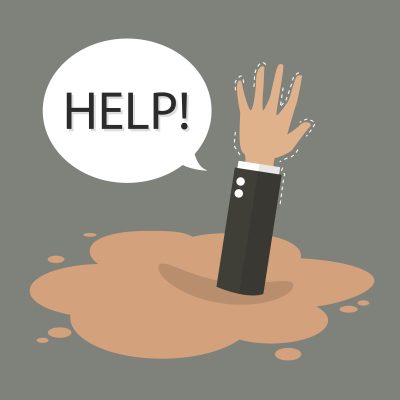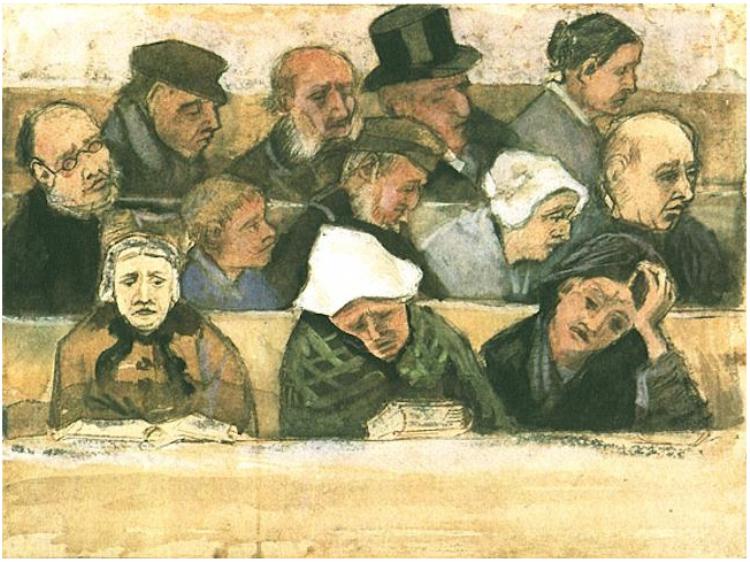Writing for Real Clear Religion, author Mark Judge observes:
Somebody needs to stage an intervention on Bob Beckel. The man needs to stop taking about being a drunk.
Beckel is a Democratic operative who now co-stars on The Five, the popular Fox television show. The Five has five stars — Beckel, Greg Gutfeld, Dana Perino, Kimberly Guilfoyle, and Eric Bolling. The show has received good reviews — even from the New York Times — and it’s not hard to see why. It has an easy flow, the hosts are telegenic, and spontaneous things often happen.
Top of Form
Bottom of Form
There’s only one factor dragging things down — Bob Beckel’s relentless, unceasing, OCD-style references to being a member of Alcoholics Anonymous.
It’s hard to get through a show without Beckel declaring his membership in the world’s largest recovery group. It seems that whatever the topic, from Barack Obama to Robert Downey to farting house cats, Beckel manages to make it about his struggle with demon rum. There are several reason why this is off-putting and wrong.
But first, some full disclosure. I myself used to be a Beckel. I drank too much when I was younger, got in trouble for it, and had to get help to stop, which I did many many years (decades) ago. When you manage to pull through something like that, there’s a sense of evangelical euphoria. You want people to know that you lived. That you’ve found joy. That you believe in God. And boy, did I. I publicly wrote and talked about being sober. Like Beckel, I told stories about myself from the bad old days. I had a big mouth, not unlike today — although I like to think I’ve mellowed a bit.
But then something happened. The program I was in worked so well that I not only stopped thinking about drinking, I stopped wanting to talk about it. Bill Wilson and Dr. Bob Smith, the founders of AA, had emphasized in their writings that the point of recovery was to get back into the world. I had gotten back. And I didn’t want to relive the past.
It was at that point that I realized the true value of anonymity. It’s not as much about the shame of alcoholism, which is not necessarily a bad thing, but about living a spiritual and virtuous life that doesn’t put our own interests and suffering above other people. One of the great things about being sober for a long time was the realization that I wan’t any different from other people — that everyone has problems and ways of overcoming suffering.
In 1946, A.A. co-founder Bill Wilson wrote: “The word ‘anonymous’ has for us an immense spiritual significance. Subtly but powerfully, it reminds us that we are always to place principles before personalities; that we have renounced personal glorification in public; that our movement not only preaches but actually practices a true humility.”
In broadcasting my recovery in public and in print, I was not being humble. I was also, paradoxically, hurting my own health. I still remember the day years ago when I realized that I didn’t want a drink, hadn’t wanted a drink in months, and had no desire to talk about any of it.
Judge’s observation may offer a break-through for Bob Beckel and an improvement to the dialogue on The Five. But he also captures an important dimension of spiritual growth: It is important to move on.
In our therapeutic age that’s not always as clear as it should be. We revel in our brokenness, drag our therapists through endless “yes, buts,” and we turn our brokenness into a virtue.
One of my colleagues observed before he retired from teaching seminary, “I’m too old for this. One of my students came into my office this morning announcing, ‘I’m taking your class this next semester and there are certain things you need to know about me.’”
“’I thought to myself,’ he said, ‘No I don’t, I really don’t want to know that much about you.’”
This is not to say that public confession and witness is not important. It is important to talk about our brokenness, our struggles, and our failures. Until we admit those struggles we can’t begin to heal. In the absence of such confessions, others might never find their way. But confession is not an end in and of itself.
There is also a time to hear the words, “Take up your bed and walk.” Not the words, “Lie here and rehearse the past.” Not “Lie here and invite sympathy.” Not “Lie here and make a virtue of brokenness.” Hear the words, “Take up your bed and walk.”
Spiritual growth requires us to be vulnerable and honest about our failings, but it is not a celebration of brokenness. Spiritual direction is devoted to the nurture of healing. And those who search for healing need to embrace the anonymity of those who are healed and who serve.












